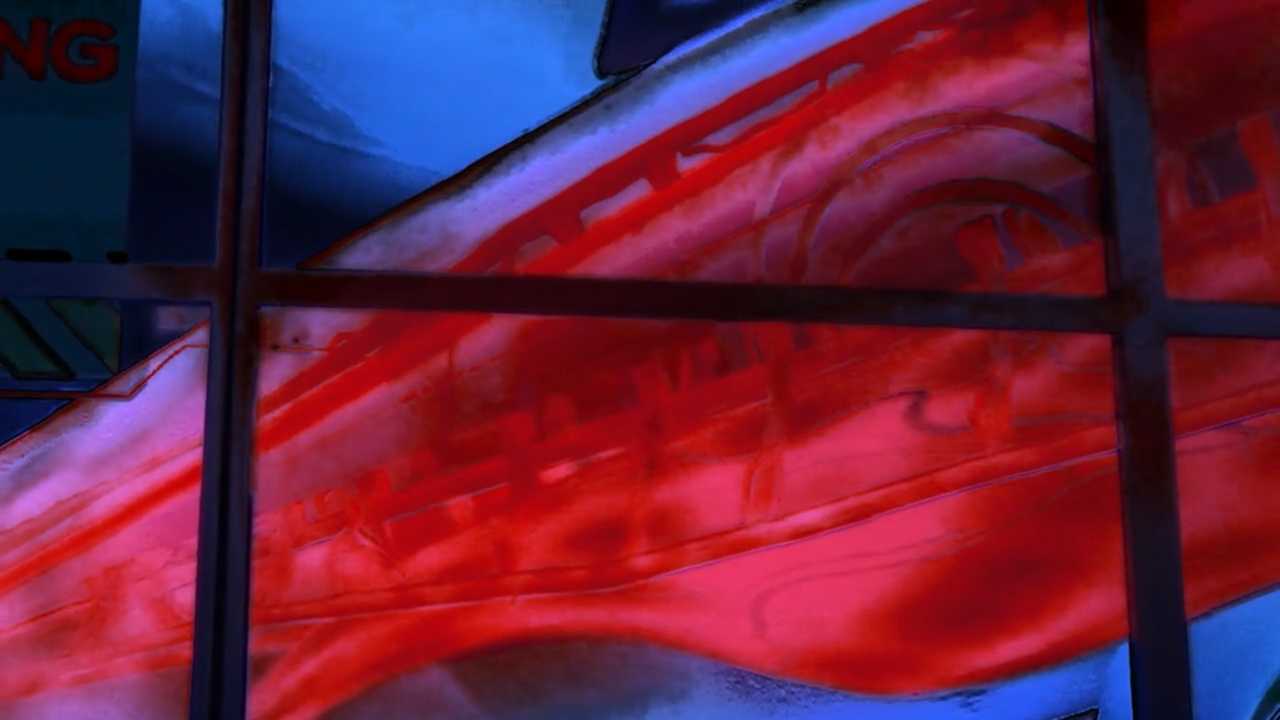The exhibition Hidden Labour Across (inter∞note) engages with the question of the extent to which the idea of internationalism as a political concept of the 20th century constitutes an unfinished narrative in ongoing debates on the globalization of work, technology and knowledge. With contributions by vinit agarwal, Joo Young Hwang, Aarti Sunder (DAI, 2015), Ruth Wolf-Rehfeldt and Chetna Vora as well as archival material of Zentralbild, conceptualized by Doreen Mende.
Geopolitical global ruptures around 1989/90 mark a moment of a “potential history” (Ariella Aïsha Azoulay) that speaks about an internationalism of the 20th century in archival ruins of images, sounds, gazes, friendships, collaborations and bodies. The protagonists in these traces are students and workers across generations and geographies.
Can archival matter speak to the struggle of an Indian worker of the 21st century working at the Sharjah Aquarium, when experiences of “exhaustion” or “stress” or “too much” or “illness” or “violence” construct hidden entanglements with workers around the world, yet, without any collective infrastructures? Could the hidden vocabularies of a textile worker of the 1970s in relation to a ghost-like “underclass” (Mary L. Gray/Siddharth Suri) of the 21st century create an alliance across violent erasures? What kind of knowledge do art/research-practices contribute towards investigating narratives of a specific internationalism in relation to contemporary global processes?
The exhibition focuses on technology as a methodology for engaging with the concept of problem processing: The task is to detect contemporary problems of society in order to shape a future world. However, instead of the state’s law as the logics of norms, people’s problems and lives are the points of departure. For instance, students from India or Guinea-Bissau speak about their lives and problems while studying in the GDR and their experience of forming a social imaginary together; an artist from East Berlin works during the day as an administrator while she initiates collaborations with artists around the world in her spare time; female textile workers of South Korean Factories in Cambodia and in South Korea develop their own vocabulary for expressing their struggle for women’s labour rights; an Indian worker experiences extreme individualization while working in Sharjah.
The contributions to the exhibition invoke practices as reiterative processes of learning/unlearning, as rehearsals of alliances across generations, race and gender towards a planetary call for social justice as the foundations for world-making. The conceptual framework of the curatorial proposal allows the exhibition itself to mark a moment where an imaginary public may listen to hidden narratives, think with transnational connectivities, and reflect on impossible divisions.
The exhibition, thus, aims to open a space, through the means of art, for researching and engaging with contemporary issues around labour as a possible social practice in relation to technologies with the capacity to create worlds. The exhibition accommodates concrete case studies and practices that take the form of performance-lectures, video-essays, typewritings, a song, printed matter and transgenerational conversations.
The extension inter∞note in the exhibition's title marks an independent space-time for reflecting on the possibilities and impossibilities of research practices, contemporary art and curatorial/politics which function under current conditions of the ongoing coloniality of global capitalism. inter∞note can be understood as a research edition (graphic design: Laure Giletti & Gregory Dapra) that may take the form of a paper, poster, booklet, interface, or any other format to reflect on the scientific research study Decolonizing Socialism. Entangled Internationalism (funded by Swiss National Science Foundation) by para-academic means: Hidden Labour Across (inter∞note 01) is the first curatorial forum of the transdisciplinary study. The name inter∞note alludes to the mobilization of the preposition INTER from economic and social contexts; for example, in socialist countries such as East Germany and beyond, to imagine a politics of friendship or, at the least, a transgenerational conversation and modes of collaborations. The extension to NOTE refers to the need to take notes as essential part of the research process by means of listening, observing, reflecting, concretizing, time-lining, commenting, etc. The ∞ speaks of feedback loops, back and forward, infinitely. (graphic design: Laure Giletti & Gregory Dapra)
On 15 October 2020, 8pm, a screening/live-stream of Oyoyo (1980, 48min.) by Chetna Vora will take place at Kunstverein Leipzig with an introduction by vinit agarwal and followed by a commentary by Sónia Vaz Borges on the Cape Verdean song “Forti trabadja pa alguém” [So much of working for other people] that is installed in the exhibition space and can be retrieved via QR-code.
Oyoyo (1980) is a cine-portrait of an educational internationalism with students from Chile, Guinea-Bissau, the Mongolian Soviet Republic, Cuba and Bulgaria studying economy at the “Hochschule für Ökonomie Berlin-Karlshorst” in the late 1970s. The director is the Indian filmmaker Chetna Vora who mobilizes the film-camera as a means to listen to the problems that the students encounter in their education, what they miss in the GDR, and how they imagine their future. The candid conversational scenes situated in the students’ dormitory in Berlin-Karlshorst alternate with music by Cuban songwriter Silvio Rodriguez, the Brazilian singer Nara Leão and songs in Cape Verdean Créole. The daughter of a communist from Palitana in Gujarat in India, Chetna Vora came to Berlin in the mid-1970s to study film at the Konrad Wolf Film Academy in Potsdam-Babelsberg. (DM)
Oyoyo, dir. Chetna Vora, camera Lars Barthel, editor Petra Heymann. In conversation with Tungalag Sodnomgombyn (Ulaanbaatar/MN), Emilio Fernandez (Concepción/CL), Carlos Neto (Bolama/GW), Irene Blanc (La Habana/CU), Ansoumane Mané, Emma Korouma (Segou/ML), Manuel Coelho Mendonça (Vorela), Carmen Maria Barbosa eSá, Jose Júlio Delgado (Bissau/GW), Theodros Alemu (Addis Ababa/ET), Monica Mateluna (Santiago/CL) and many more, 1980 / 48min., (c) HFF Potsdam-Babelsberg / GDR.
Thanks to Lars Barthel, Barton Byg, Jennifer Chert, Kilian Fabich, Susanne Grossniklaus, Latika Gupta, Katharina Köhler as well as Kulturamt Stadt Leipzig and Kulturstiftung des Freistaat Sachsen.
HIDDEN LABOUR ACROSS
(inter∞note 01)
Exhibition from 22 August through 21 October 2020
Corona-sensible opening on 22 August. Seven persons maximum inside. Please bring your nose-mouth-protection.

